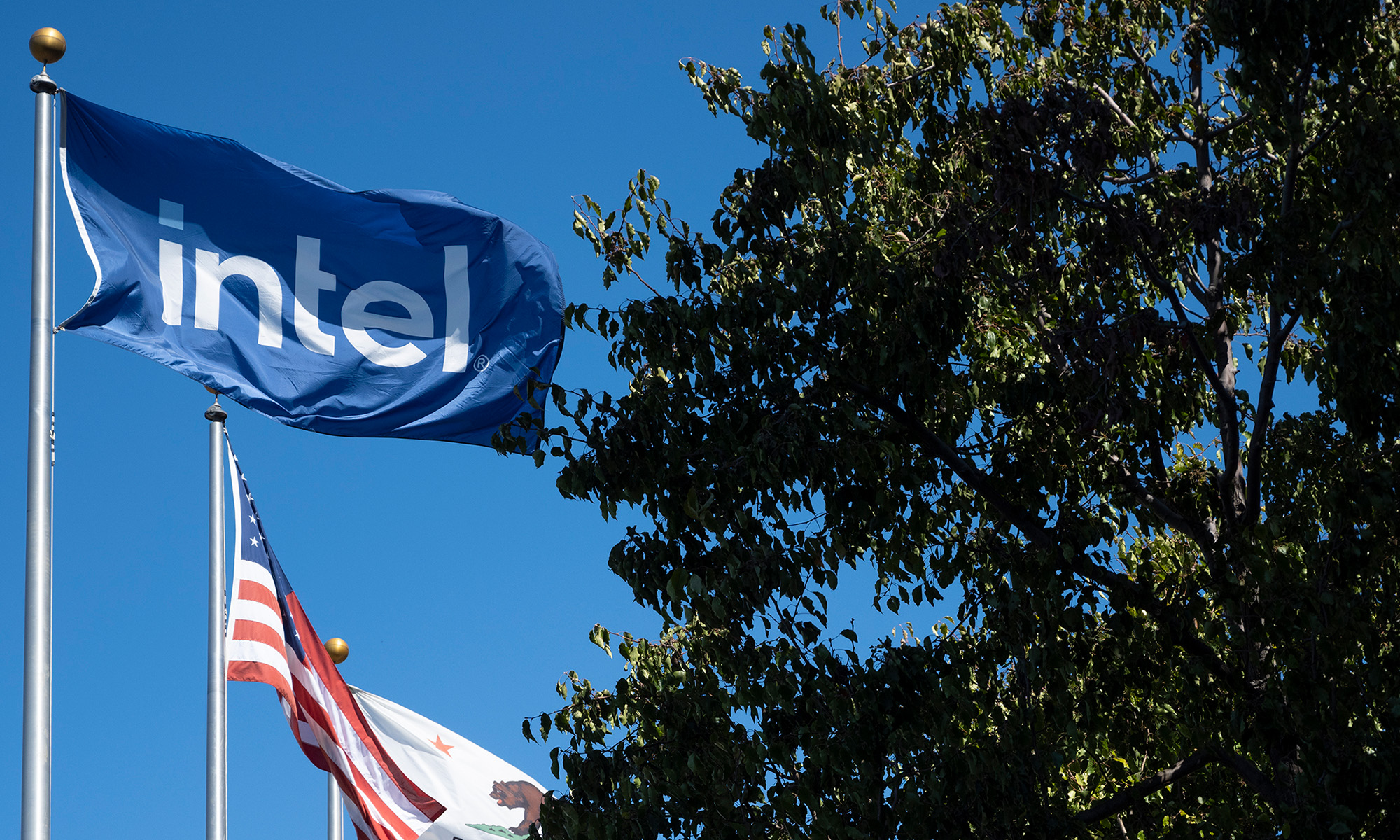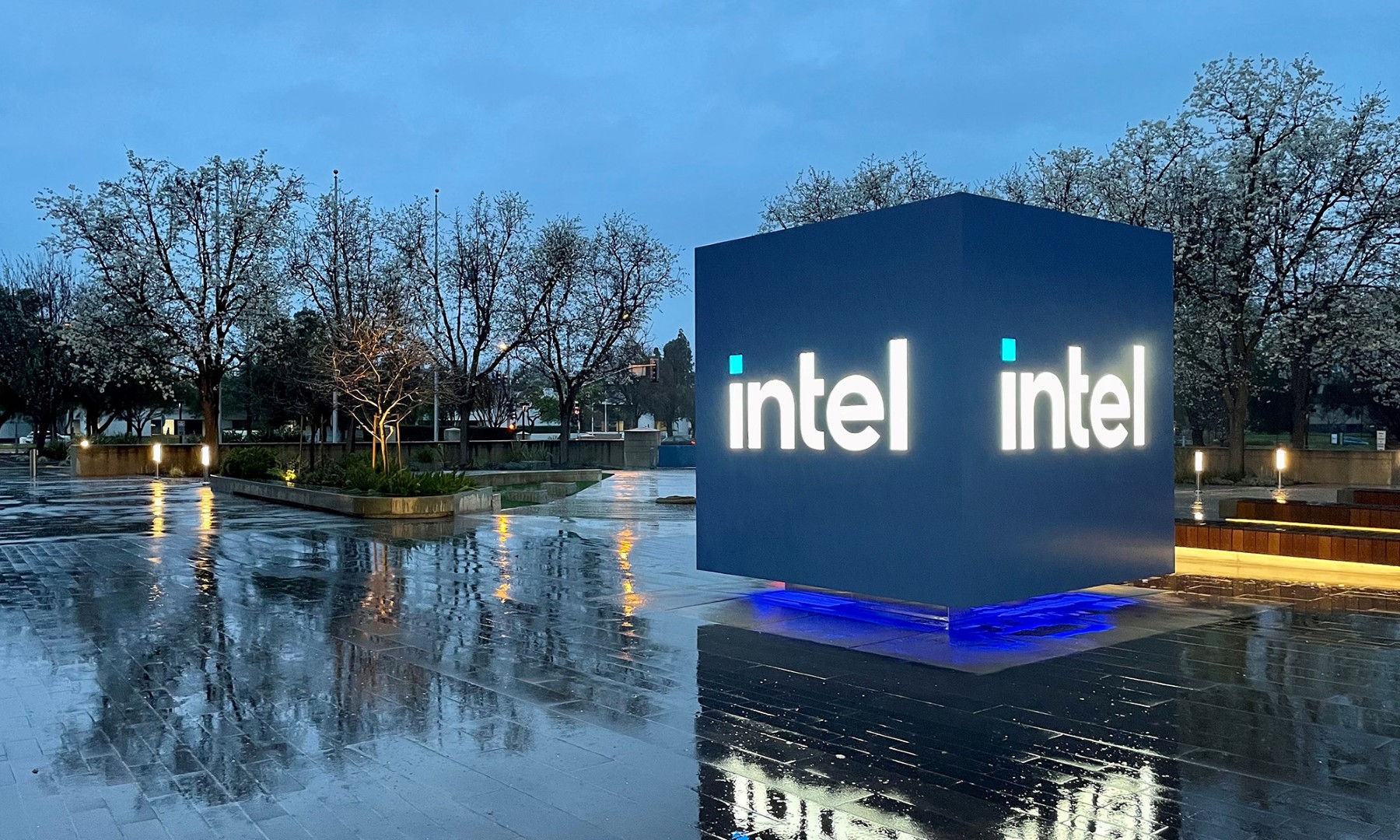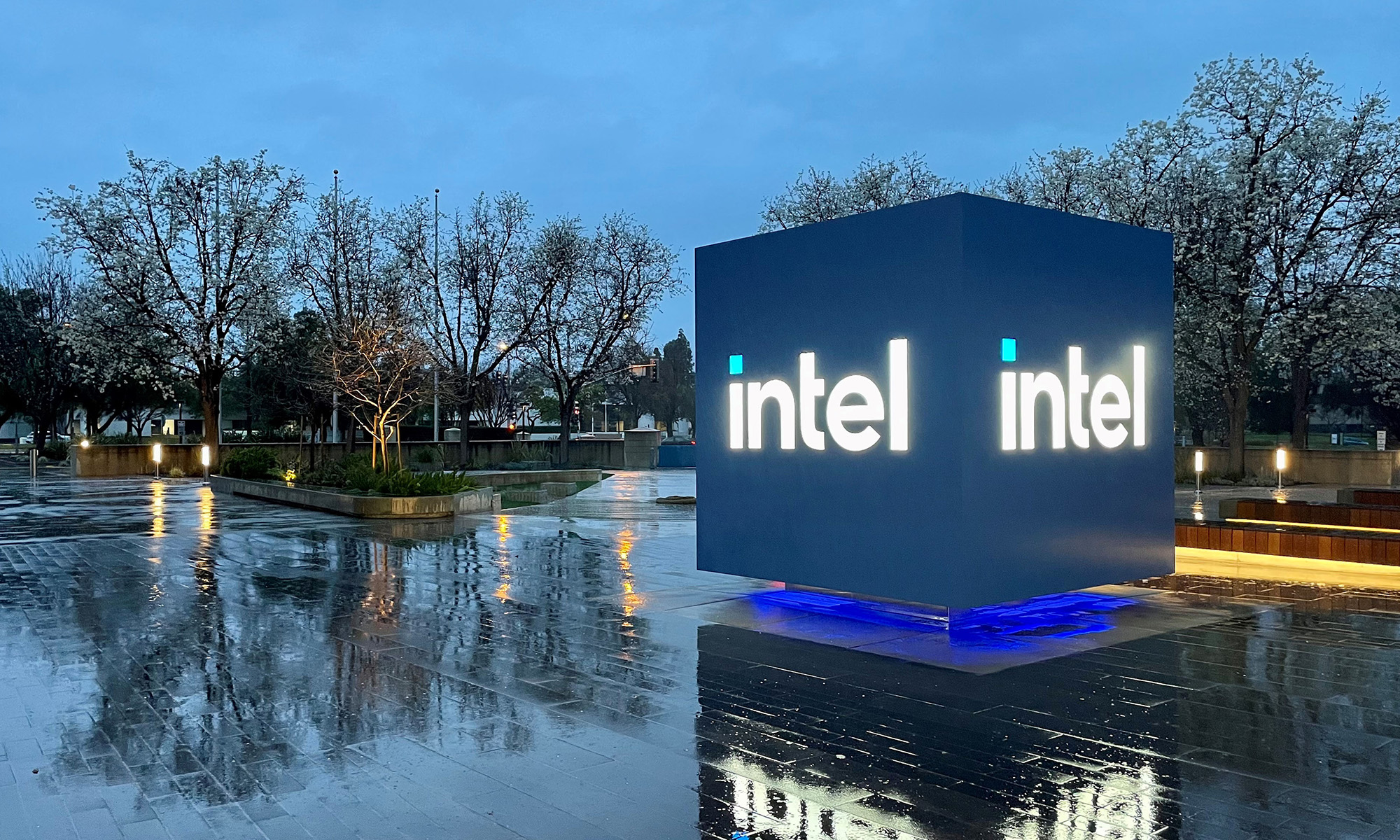The negativity surrounding the PC market has been around for years now. With the advent of smartphones and other mobile devices, PCs were supposedly on their way to the junk pile. As it turns out, PCs are not only alive and well, but the market is growing.
Bucking the anti-PC naysayers has opened the door to great opportunities for investors. The generally dour mood surrounding personal computers means stocks including HP (HPQ +0.37%), OS king Microsoft (MSFT +0.30%), and chip behemoth Intel (INTC +10.80%) are all not only experiencing top- and bottom-line growth, they are significantly undervalued.

HP's new OMEN computer. Image source: HP.
Not your parents PC manufacturer
According to IDC, for the first time in five years, PC sales actually climbed to kick off the year, albeit by a mere 0.6%. One of the primary drivers of the PC market turnaround was none other than HP.
Given the last several quarters of growth, not surprisingly, HP took over the top spot as the world's No. 1 PC manufacturer, a designation long held by China-based Lenovo. HP shipped 13.1 million units in the first quarter, good for an astounding 13.1% jump year over year and a 21.8% share of the global marketplace.
Personal Systems revenue, home to HP's PC sales, climbed 10% last quarter to $7.66 billion: Not bad for a "dying" market. What makes HP's sales results even more encouraging is how the company is executing its PC strategy. Targeting specific niche markets -- HP's OMEN virtual reality-ready PC is an ideal example -- helped drive a whopping 17% increase in notebook sales in the fiscal second quarter.
Toss in a 2.8% dividend yield along with its strong PC and improving printing sales, and HP is an undervalued stock by almost any measure.
Windows is still king
There was some consternation among investors following Microsoft's fiscal third-quarter earnings release on April 27. The "missed" expectations seemed to be the primary story, which is good news for investors in that its stock has remained a relative value despite the strength of its Windows operating system (OS) dominance, forays into the cloud, and market-leading productivity product lineup.
Microsoft's Personal Computing division recorded a 7% decline in revenue, to $8.8 billion. But remove the 26% drop in Surface sales, and Microsoft's computing unit tells a different story. Largely thanks to Microsoft's 90%-plus OS market dominance and its industry-leading $15.2 billion annual cloud revenue run rate, Windows has helped boost virtually every PC-related offering in its arsenal.
Last quarter, Windows revenue climbed 5%, which helped boost Microsoft's commercial Office 365 sales 45% and drove an astounding 81% increase in Dynamics 365 revenue: Most hosted on the Azure cloud platform, which soared 93% year over year. And like HP, Microsoft also pays shareholders a solid 2.25% dividend yield.
What's not to love?
Intel is another PC stock that suffers from the PC malaise still prevalent despite the market's strength. After reporting an 8% increase in revenue last quarter to a record-breaking $14.8 billion, Intel's stock declined 3.4% the following day. The problem? Intel's strong PC-related sales were viewed by some as more of an aberration than what it was: Yet another sign that there's a place in this world for computers.
Much like HP and its push into the fast-growing 3D printing market and Microsoft's cloud leadership position, Intel is also expanding beyond PCs into data centers, the Internet of Things (IoT), and memory solutions. In addition to the 6% increase in computing revenue last quarter, to $8 billion, Intel's data center sales of $4.2 billion were a 6% improvement, IoT was up 11%, and memory solutions revenue skyrocketed 55% to $866 million.
Also lost in the PC hoopla last quarter was the fact that even considering Intel's forays into markets beyond its core computing segment, its operating expenses declined, which, combined with its top-line growth, boosted per-share earnings 45% to $0.61. With its 3% dividend and a forward price-earnings (P/E) ratio of a meager 12.7, Intel also warrants a spot on a list of PC stocks to buy in 2017.









